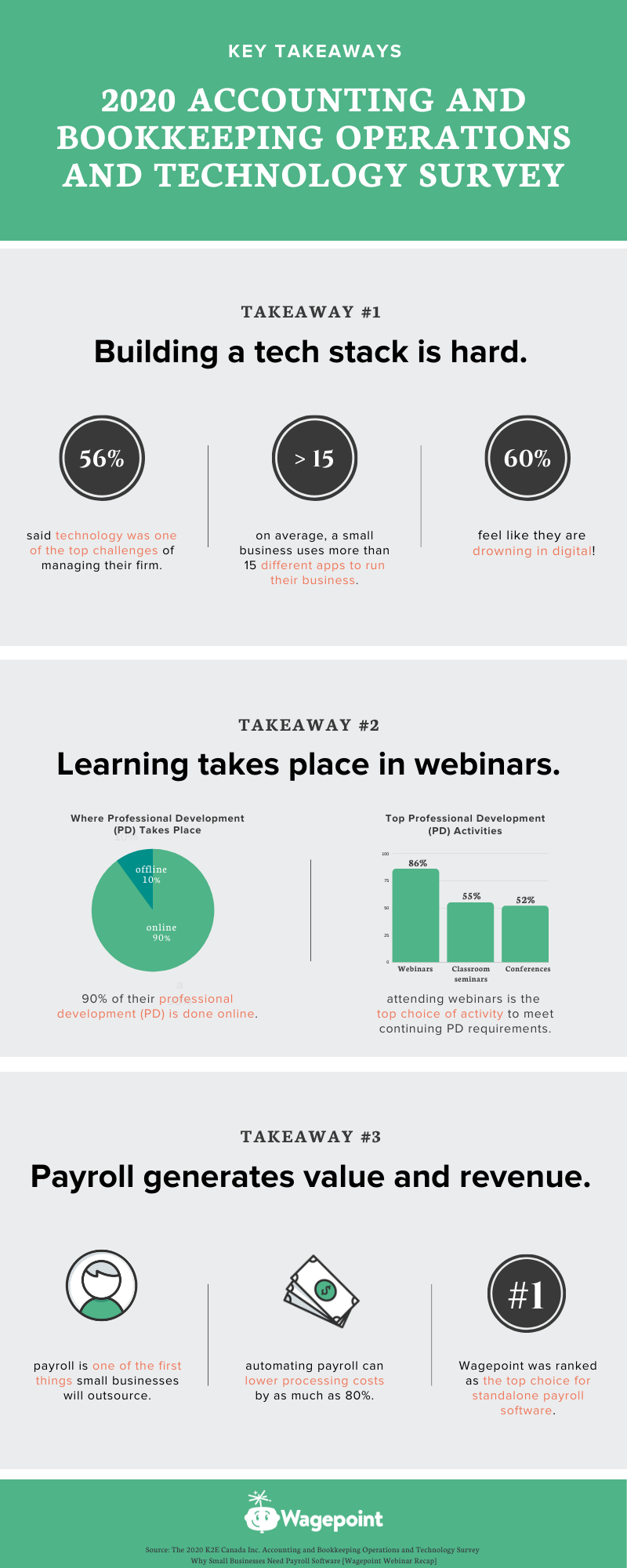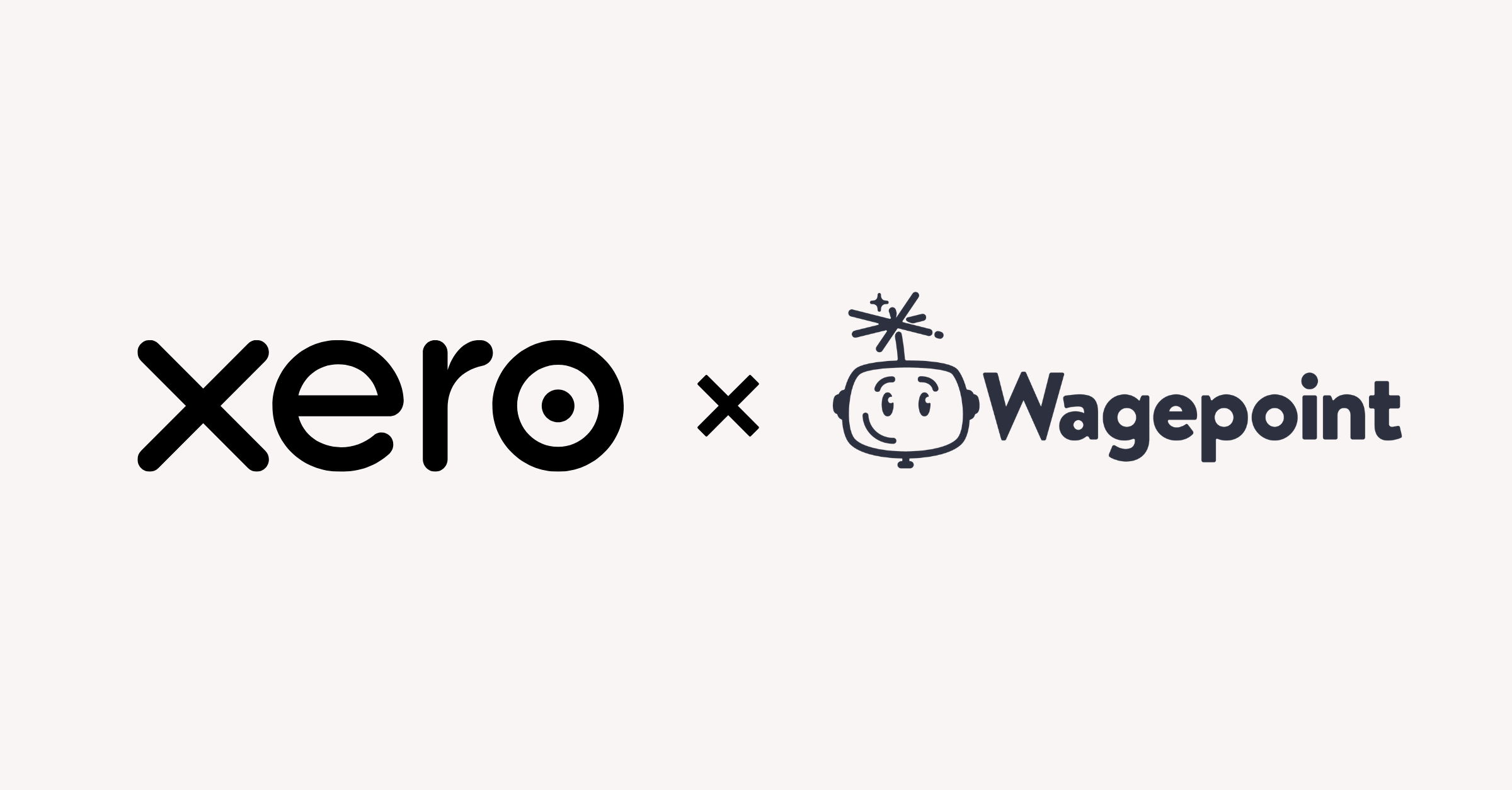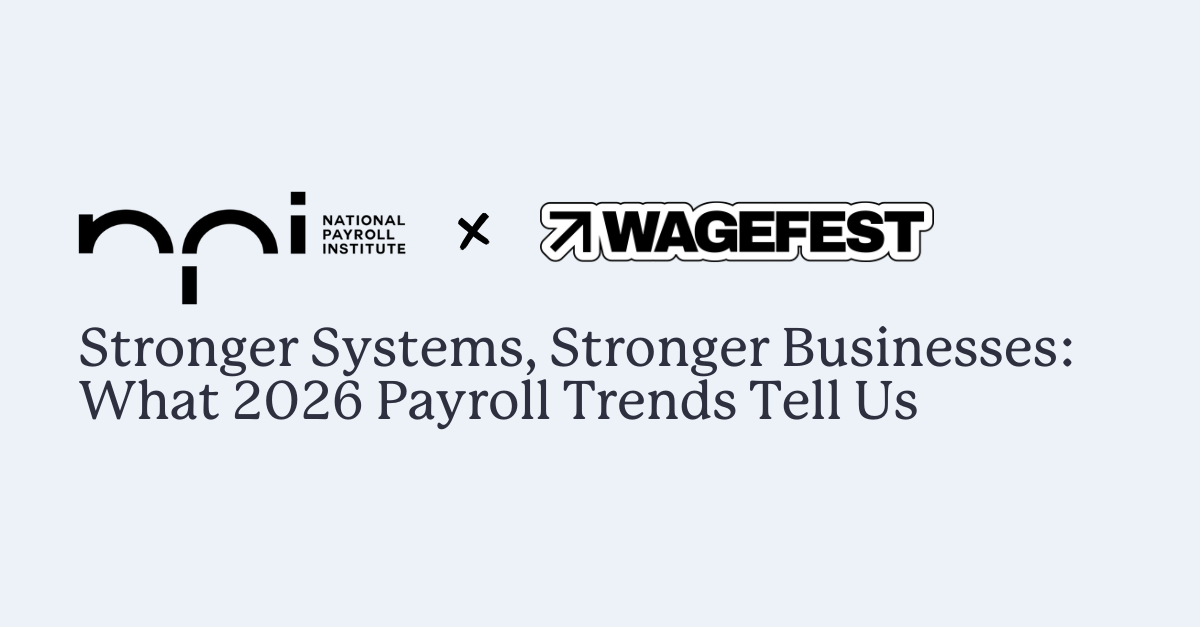Become an insider!
Get our latest payroll and small business articles sent straight to your inbox.
As small businesses that work with accounting professionals are twice as likely to survive than those that don’t, the role of an accountant or bookkeeper is both valuable and multidimensional.
The evolution of the digital age has significantly changed the business landscape in the accounting and bookkeeping industries. As the number of new applications increases, so does the difficulty accountants and bookkeepers have with staying up to date with the latest trends.
The Accounting and Bookkeeping Operations and Technology Survey, launched in 2017, is the only survey that gives Canadian accounting and bookkeeping professionals the opportunity to provide their input. Conducted by Alan Salmon and K2E Canada, it produces robust results that provide professionals with a benchmark to help with decision-making based on operations, management and technology planning for their practice.
After perusing through 300 pages of statistics, we’ve uncovered three key points. Without further ado, the 2020 survey says…

1. Building an accounting and bookkeeping tech stack is hard.
Given the fact that our world is becoming more reliant on technology, there’s no surprise that cloud applications and services are being used more frequently.
An increasing number of professionals are meeting (and exceeding) their small business clients’ needs by building their own tech stack (set of go-to-apps). Using fintech levels the playing field — it lets small firms or sole practitioners provide services and resources that only large organizations could access in the past.
However, more than half of the respondents (56.3%) said that technology was one of the top challenges in terms of managing their firm — above other obstacles like business development, recruitment and retention.
So much tech, so little time…
Then there’s the time needed to learn about technology in order to vet the best solutions. Again with more than half of accountants and bookkeepers spending more than 30 hours a year on professional development, there’s not a lot of time to research new applications and other tech tools.
On average, a single small business uses more than 15 different apps to run their business. It’s no wonder that 60% of accounting and bookkeeping professionals feel like they’re drowning in digital!
2. Learning now takes place in webinars.
The underlying thread throughout the survey is that technology is changing so fast — maybe too fast. This makes it difficult for accountants and bookkeepers to stay on top of their game, even if they’re in the industry full time.
However, the value of automating transactional accounting work is clear: firms that have greater use of data automation, forecasting/budgeting appear to be rewarded with significantly higher revenue per employee.
Training is a sticking point for bookkeeping and accounting professionals. How does one find the time to keep up? As society is now evolving into the digital age, accountants and bookkeepers are quickly embracing the world of online learning. Naturally, 90% of their professional development (PD) is done online as it is convenient and cost-effective.
That isn’t to say that accountants and bookkeepers are averse to offline activities such as in-person seminars and industry events — these are still popular among professionals (as long as there’s not a pandemic in the mix). However, 86% of accountants and bookkeepers turn to webinars as their continuing PD requirement activity.
“The big picture clearly shows that accountants and bookkeepers are quickly moving to embrace the digital world of learning, starting with webinars,” writes Alan Salmon. “The reversal of their preference for in-person seminars in just five years represents a significant shift in the professional development paradigm.”
3. Solving payroll generates value and revenue.
According to Intuit Canada Country Manager, David Marquis, “Payroll can be challenging for new businesses that are growing and adding new employees quickly. Cloud-based technology makes it simpler by automating tasks like data entry and payroll, allowing accountants and bookkeepers to rely on more accurate data.”
On top of it all — payroll is just not fun. If you’re doing it manually there’s a lot of time spent on data entry and a much greater risk of mistakes or late payroll tax remittances. This is most likely why payroll is one of the first things small businesses will outsource.
By providing the right payroll solution, you’re solving a pain point for both you and your clients. Payroll is solved, time is saved and everyone can focus on the bigger picture of each company’s overall finances. In fact, automating payroll can lower processing costs by as much as 80%.
Within this survey, respondents indicated that:
- Payroll was one of the top three most effective ways to generate revenue among firms of all sizes.
- Payroll was also in the top three for the type of cloud-based (SaaS) application to be added to a firm’s tech stack in the next two years.
- Wagepoint was ranked as the choice for standalone small business payroll software.
Take your practice one step further.
In today’s climate, people expect catered solutions and for their needs to be met instantly — making the need to move to the cloud to be more relevant than ever. By adopting fintech apps into their practice, accounting and bookkeeping professionals will be able to grow their firms and remain competitive. Although keeping up with new technology and trends can be difficult, accounting and bookkeeping professionals must step up to the challenge. If they can’t keep up, it will greatly impact their practice.
The advice we share on our blog is intended to be informational. It does not replace the expertise of accredited business professionals. Disclosure: Wagepoint was an app sponsor of the 2020 Accounting and Bookkeeping Operations and Technology Survey.











